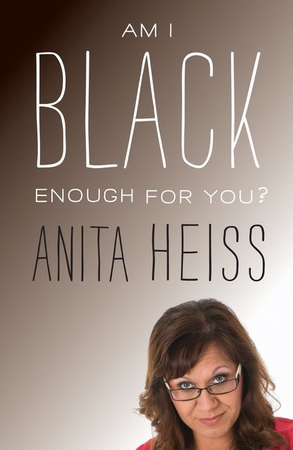
I just finished reading Game of Thrones. Of course, I’m not really finished, but I’ve finished all the books that have yet been published. George R R Martin is still working on the last two novels, and by all accounts it may be a number of years before they appear. Along with millions of other fans, I will wait. When the next book is released, even if that is many years down the track, I will purchase it immediately, and read it hungrily. I’m part of a worldwide captive audience. My reading tastes don’t normally gravitate towards bestsellers. In fact, I tend to avoid them. There’s nothing quite like discovering and promoting a beautiful gem that others have missed. I was, however, heavily encouraged to read this series, and I’m not sorry. Nor am I sorry that Martin is taking his sweet time to complete the books.
Good writing is rarely fast writing. There is slow, hard work involved in creating complexity. There is world building (call it architecture if you want, or setting, or scenes), defining and developing each of the many characters, working up the extensive plot and all of the many threads that bind these people together – some overt and some quite subtle. In such a grand epic, weaving this kind of web can’t be done quickly. There is, of course, talent and skill involved, but above all, writing a rich, complex epic requires application – long, hard, brow-busting work. That Martin refuses to compromise on quality and rush his books out, even though his publishers will almost certainly be pressuring him to do so, is laudable.
Beyond this initial craftsmanship is the extensive, time consuming process of polishing. This ‘revisioning’ process includes ensuring that all of those subtle details are in the right places, foreshadowed correctly (or in a way that will undermine the reader’s expectations – one of Martin’s particular skills), that the underlying thematics are recognisable and that the story elements come together seamlessly. This can be a very time consuming process, involving working through every single word as if it were poetry and condensing, paring back and refining until there isn’t a superfluous word. When you’re producing seven novels, most of which have over a thousand pages, that kind of meticulous detailing is no small accomplishment.
None of this work is quick. There may be moments through the writing process when the author is ‘in the flow’ and things are moving rapidly, but mostly, and speaking from both personal experience and from what many other writers have told me, the writing of a novel is slow, difficult and often painful. Of course, it’s worth it. At the end of the process, you’ve birthed (and the labour analogy is probably appropriate) something that is uniquely meaningful. Reading work like this is worth taking time over too. Paying close attention to detail or as Julia Alvarez says in her aptly named blog Slow Writing, to "listen patiently, to pay attention, magpie style, to the little details, left and right, to live, to read, to write slowly, the footprints making the path."
All this is to say, in a rather roundabout (call it slow) way, that, just as I’ll have to wait for the next book in the Game of Thrones series, you'll have to wait for my next novel, tentatively titled Tilda’s Song. It’s taking time! That’s time I can’t easily map out or predict, because every couple of paragraphs I’m back to researching. This is all part of the process of working out the story and delving deeper into the truth of my protagonists. It’s hard, slow, painful work, and though I’m not for a minute comparing what I’m doing to Game of Throne, nor do I think that my readers will be waiting as hungrily for my next work as Martin’s readers are waiting for his (in my dreams!), as a writer, I can certainly understand and relate to the difficulties and above all else, the time that Martin continues to put into his work. Hopefully in the end, the outcome of my time will at least warrant pleasurable attentive reading from my wonderful readers who notice the little details and connect with me on that slow, but meaningful path towards the shared pleasure that only a good, slowly written book can provide.



